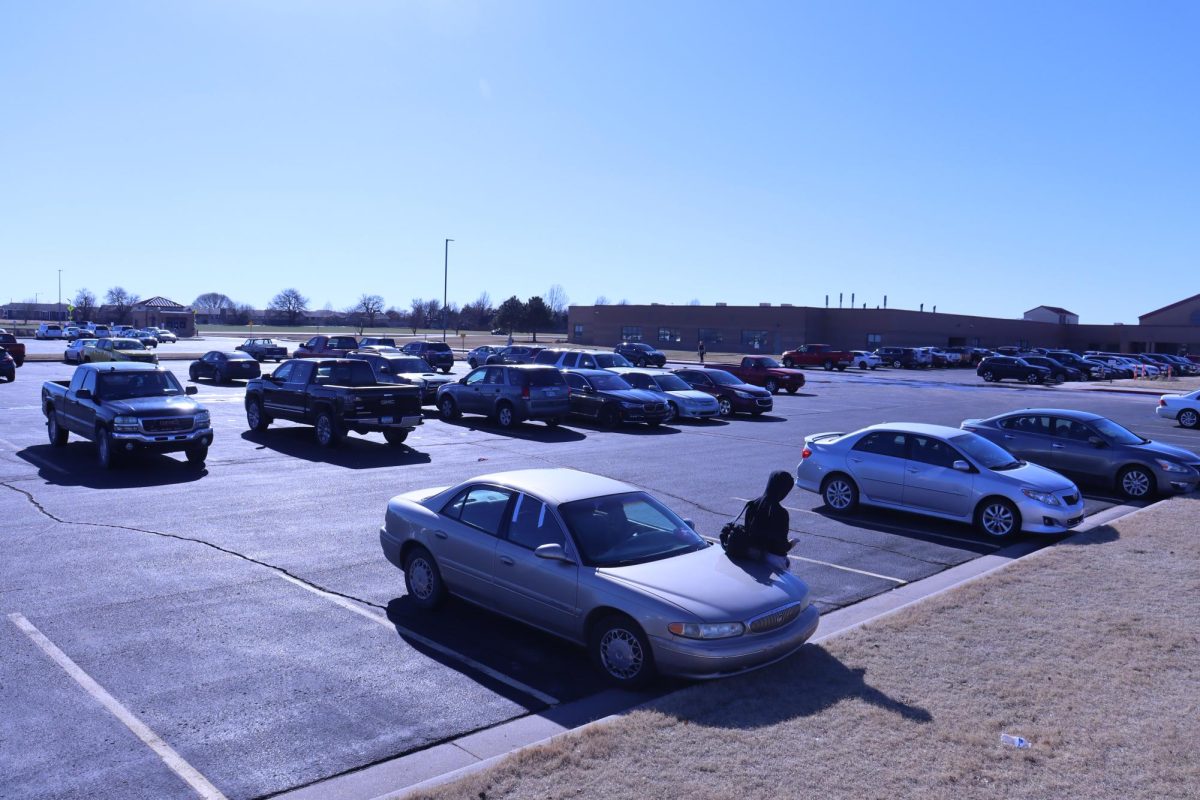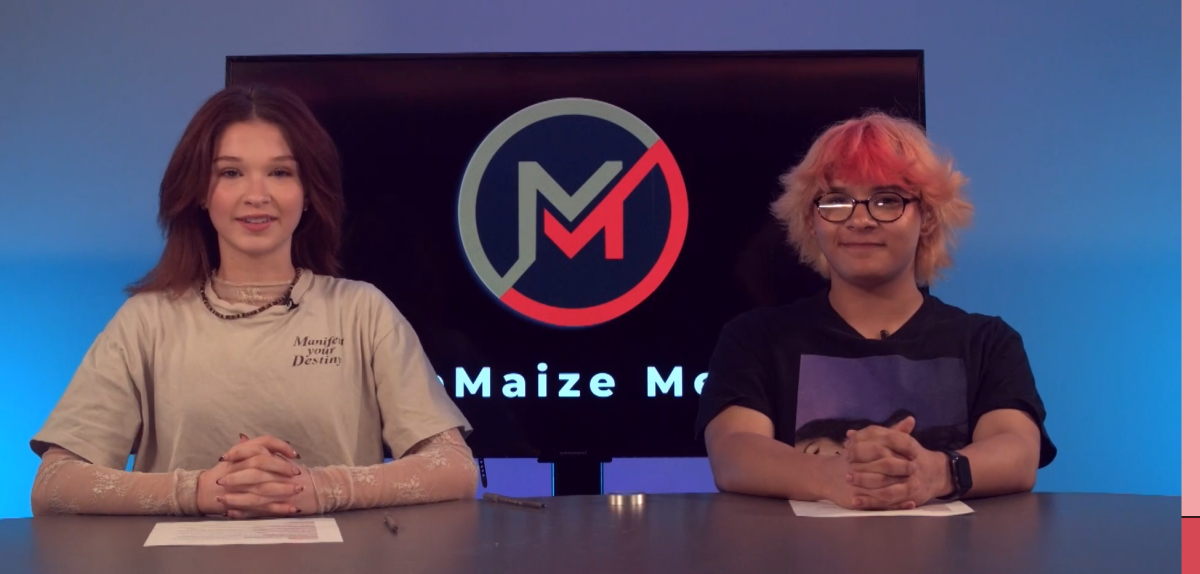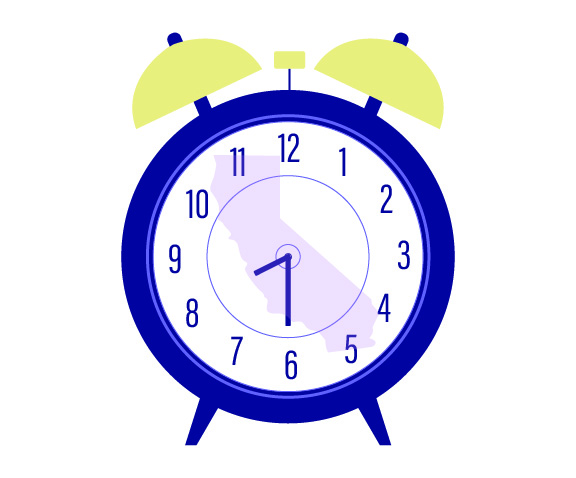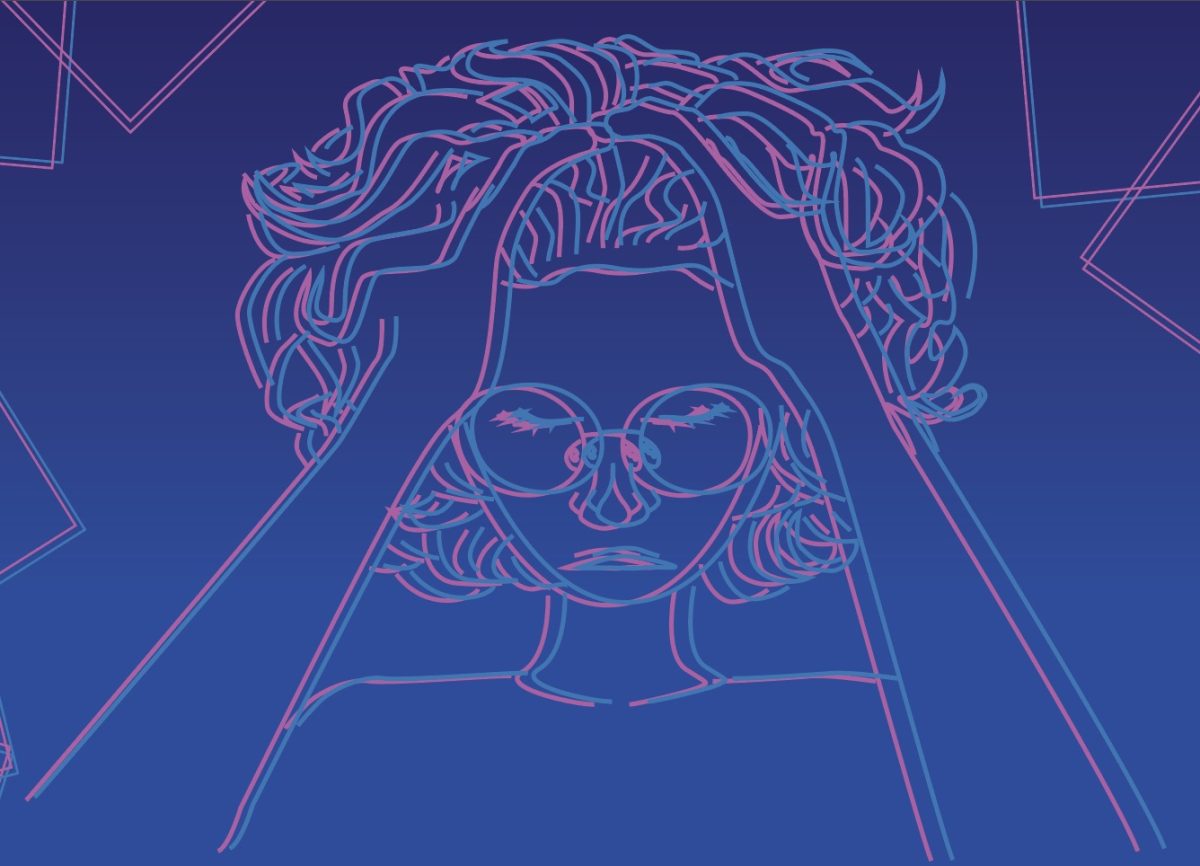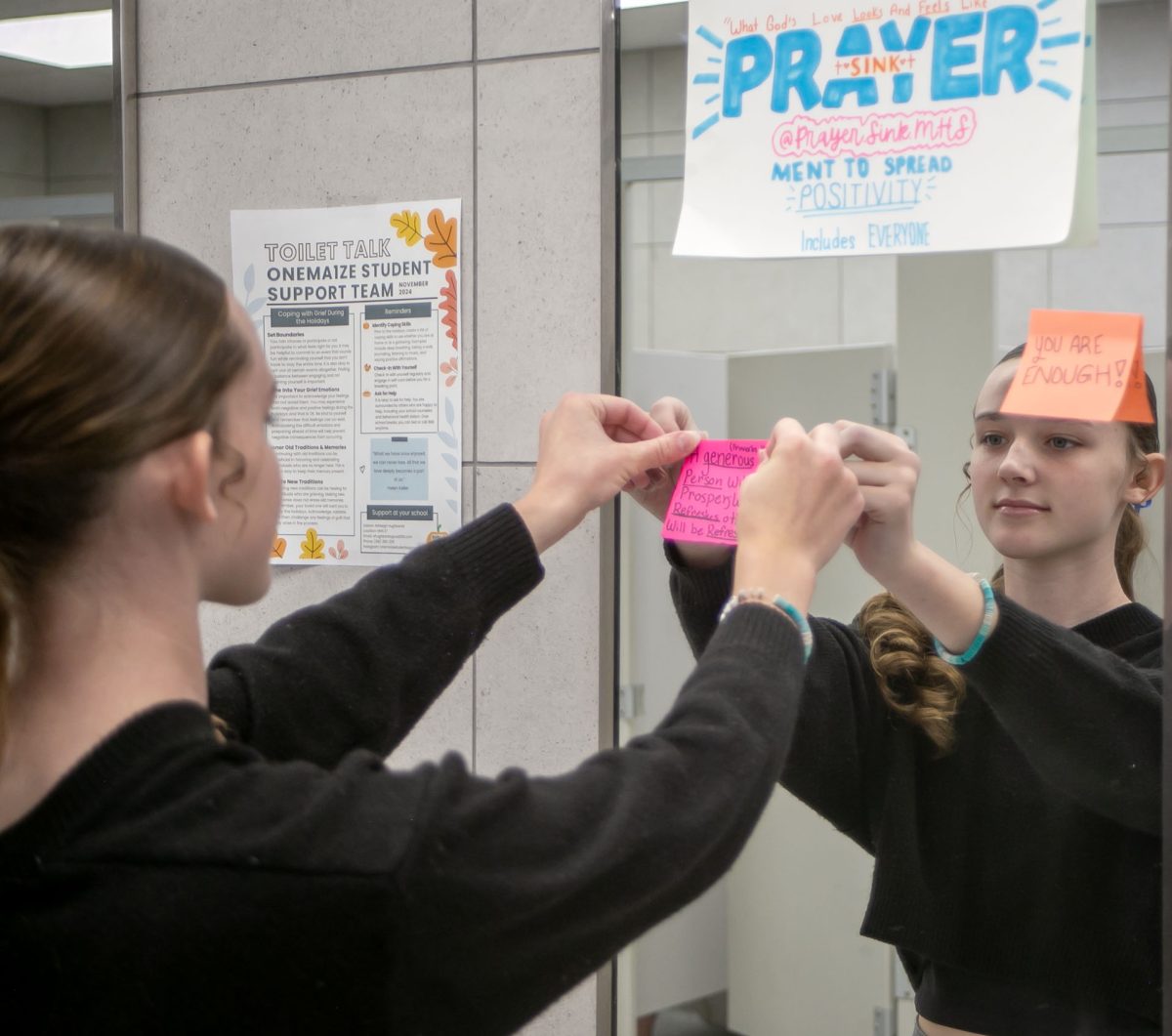
Caffeine is immensely common in day-to-day life, whether it be a pot of coffee in the office break room, socializing and working in a coffee shop, or needing a little bit of energy in the morning or late afternoon. With the number of new establishments serving caffeinated beverages growing around the Wichita-Maize area, there is an increasing number of people consuming caffeine.
Maize and Maize South High School students are presented with countless options for a quick boost of energy. While this may contribute to the spike in caffeine intake, other factors, including social pressures and lack of proper sleep, may influence students to partake in caffeine use. In a recent survey of Maize students, 79.2% of respondents say they consume enough caffeine to notice its effects.

The novelty of new restaurants may be a factor that encourages students to consume more caffeine in recent years. From 21st street to 53rd street on North Maize road, there are 37 restaurants that are currently open for business. Kyndall Sites, Maize High Senior, works at Dutch Bros on 2860 N Maize road, which opened in late 2022.
“It was really busy when we first opened up. We still have really busy days and times,” Sites said. “I think it’s fine until it gets to be too much, if it’s more than a couple drinks a day, to the point where you can’t survive without it.”
Meeting friends at Starbucks or driving through Dutch Bros is a common occurrence within younger friend groups. In the outer edge of a mid-size city, such as the Wichita-Maize area, there is not much entertainment value in visiting the typical attractions, as they tend to be expensive and geared towards younger kids. Teenagers gravitate towards food and shopping areas within a few miles of where they spend most of their time. For young people working low paying jobs, grabbing a sweet treat with friends is a fun and relatively affordable way to pass time. This could create a feeling that teens need to drink a caffeinated beverage to feel included in a group.
Could the social pressures that come with consuming caffeinated beverages add to the recent surge in caffeine consumption? Lindsay Williams, Maize South High School’s psychology teacher, seems to think so.
“By having their Starbucks, Dutch Bros, whatever… they are drinking it to be cool, or have whatever the latest, greatest, cool drink is,” Williams says. This may explain why 85.4% of respondents saythat someone else in their family or social circle consumes caffeine.

Young people may be pressured into drinking caffeinated beverages, but that isn’t necessarily a bad thing. Aside from the obvious benefit of having extra energy to get through the day, some energy drinks promote faster metabolism and improved mood as effects of their product. Others, however, may do the opposite.
Maleah Todd, Maize High Senior, has observed adverse effects in herself and her peers. “Someone who’s severely addicted [to caffeine] may be angry or extra shaky if they don’t have it,” she said.
While a dependency on anything can cause undesired effects, a limited amount of caffeine can give the desired results without many health defects. The Center for Disease Control and Prevention in America (CDC) recommends less than 400 milligrams, or about three coffees, as the safe amount for most people. Students are urged to be cautious when consuming excessive amounts of caffeine.




